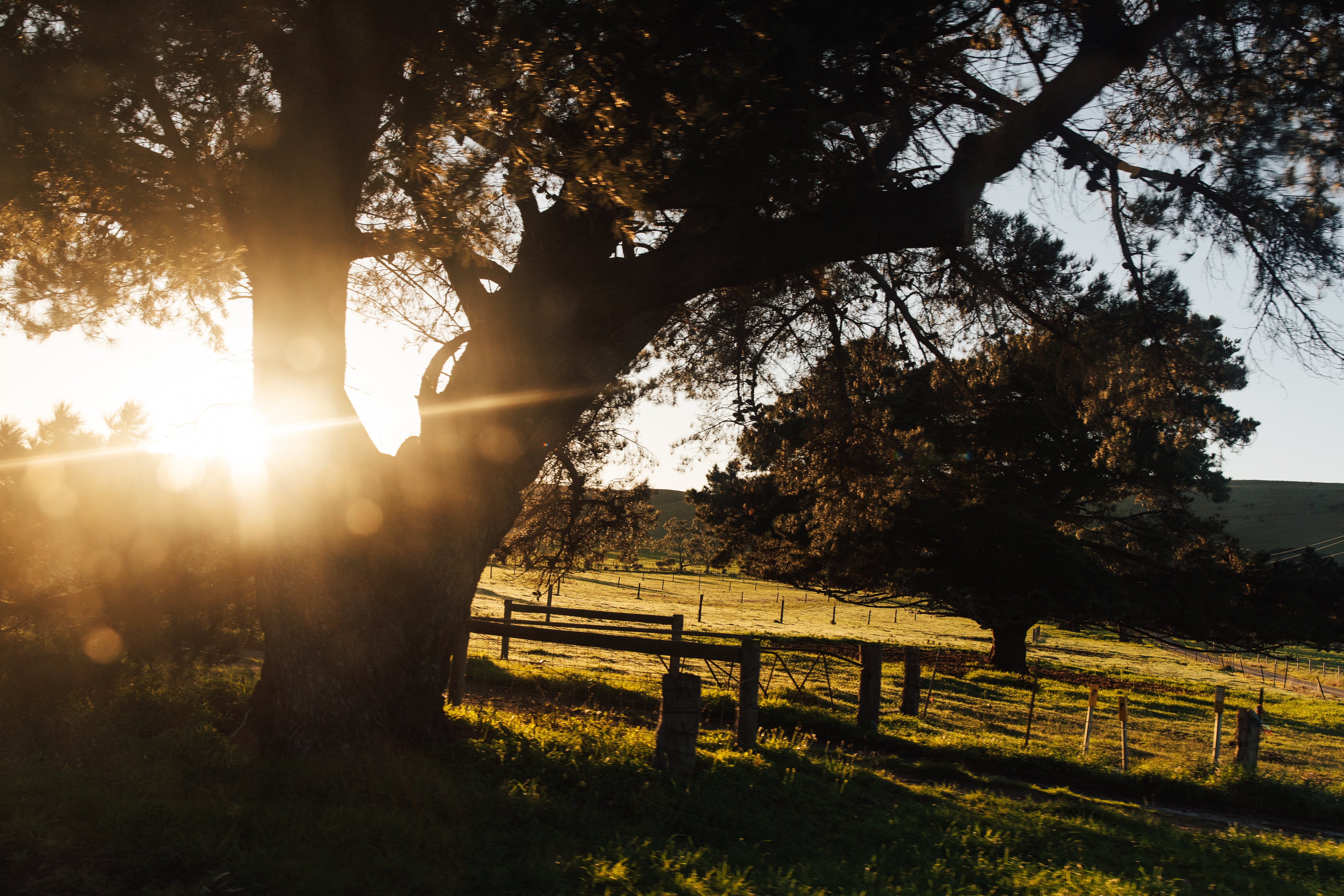
GAB proposal needs sensible decision made
[as published in the Stock Journal]
The Great Artesian Basin (GAB) is one of the largest underground freshwater resources in the world. It generates approximately $13 billion in value to the national economy every year. Here in South Australia, GAB water supports the pastoral, mining, petroleum and tourism industries, which collectively are worth more than $3 billion annually. The GAB is a vital resource for 180,000 people, 7,600 businesses and 120 towns across the GAB states, and it has unique environmental assets with international ecological value.
Carbon Transport and Storage Corporation Pty Ltd (CTSCo), a subsidiary company of Glencore, proposes to inject liquified carbon dioxide into a usable GAB aquifer where several water licences have been issued for stock and domestic purposes, irrigation, town water supply and industrial uses. The Queensland Government’s decision on CTSCo’s proposal is expected soon.
Carbon capture and storage (CCS) technology continues to develop globally. It potentially provides a way for hard to abate sectors – such as resources, energy and manufacturing – to address emissions from existing assets. In the north of our state, Santos’ Moomba CCS Project is expected to store 1.7 million tonnes of CO2 each year in structurally sound depleted hydrocarbon aquifers.
However, CTSCo’s proposal to inject highly corrosive CO2 into a usable water resource is unprecedented. Injecting CO2 into a water supply aquifer has never been done in the world and there are genuine concerns about the lack of scientific evidence underpinning the project, not to mention the precedent this would likely set for future interest in using the GAB for CCS purposes.
While this decision is a Queensland one, it has national implications and will be pivotal. The objective of the CTSCo project is to demonstrate carbon capture from a power station and evaluate the feasibility of storage by injection testing of the captured CO2 in the Surat Basin, but it is also intended as the company’s first step toward large-scale CCS.
The Global CCS Institute claim there is an urgent need for CCS deployment, and that according to recent analysis by the International Energy Agency, CCS capacity must increase 100-fold to help achieve net zero targets by 2050 for these hard to abate sectors. Supporters of CCS claim Australia’s geological storage potential and proximity to high-emitting countries that have limited storage capacity, provide an opportunity for our country to be a world leader in CCS.
As pressure to decarbonise the Australian economy intensifies, a nationally consistent strategy and associated policies, that include clearly defined boundaries in areas such as the underground storage of products, will be important to guide investable activities and avoid putting irreplaceable natural assets such as the GAB at risk.
But for the decision before the Queensland Government now, there is no data that can assure landholders that the injecting of a CO2 stream will not cause environmental pollution within the aquifer over time or impact its reliability and useability in periods of drought. Regardless of what the current water quality details brought forward in this assessment are, protecting our groundwater is critical for the future of water security in Australia.
On the driest inhabited continent in the world, governments must exercise the precautionary principle and hold a reliable groundwater source in higher regard than a place to dispose of unwanted industrial waste.
By Travis Tobin